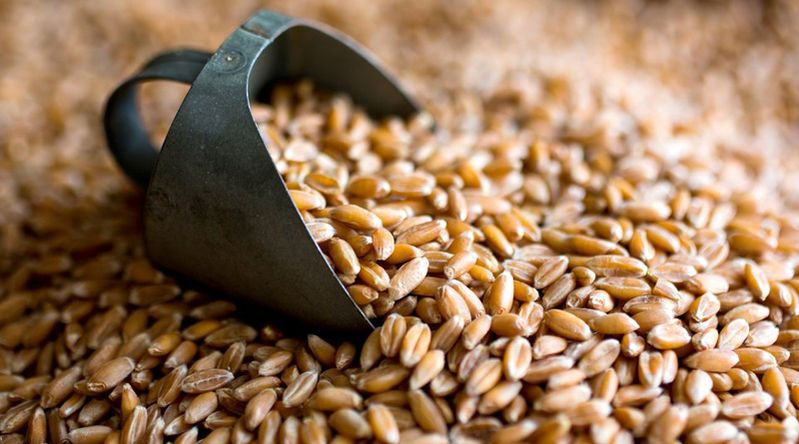Pakistan’s wheat imports surge by 32% amid Russia-Ukraine War

Pakistan has experienced a significant surge in wheat imports, totaling $1.05 billion during the period from July to April in the fiscal year 2022-2023.
This figure represents a substantial increase compared to the $795 million worth of wheat imported during the corresponding period of the previous fiscal year, according to data released by Pakistan Bureau of Statistics (PBS).
The rise in wheat prices can be attributed to the ongoing war between Russia and Ukraine, which began in February 2022. The conflict has had far-reaching consequences, causing prices of various commodities to soar in the international market. Both Russia and Ukraine are major exporters of wheat, and their involvement in the war has disrupted the global wheat supply chain.
The impact of the Russia-Ukraine war on wheat prices has been particularly pronounced, leading to increased costs for importing countries like Pakistan. The higher prices are evident in the quantity of wheat imported, with Pakistan importing 2.68 million metric tons during July to April 2022-2023, compared to 2.21 million metric tons in the same period of the previous fiscal year.
Pakistan’s decision to ramp up wheat imports is driven by a shortage of domestically produced wheat, primarily caused by flash floods that ravaged large areas of the country. The devastation resulted in substantial damage to standing crops, exacerbating the existing wheat shortfall for domestic consumption.
To meet the growing demand for wheat, Pakistan has been compelled to rely heavily on imports. The increased expenditure on wheat imports underscores the country’s efforts to ensure an adequate supply of this essential staple for its population. However, the higher costs place a burden on the country’s already strained financial resources.
The government of Pakistan must navigate this challenging situation by exploring strategies to enhance domestic wheat production, reduce dependence on imports, and mitigate the impact of global price fluctuations. Implementing measures to improve irrigation systems, support farmers, and increase crop yields could play a pivotal role in addressing the country’s wheat shortage in the long term.
As Pakistan continues to grapple with the aftermath of the flash floods and navigate the complexities of international trade dynamics, finding a balance between imports and domestic production will be crucial. Ensuring food security and stabilizing wheat prices are essential goals that require sustained efforts and effective policies to mitigate the impact of external factors on the nation’s agricultural sector.
It is imperative for Pakistan to focus on long-term agricultural sustainability, resilience, and self-sufficiency. By investing in irrigation infrastructure, implementing climate-resilient farming practices, and supporting farmers, the country can reduce its vulnerability to external disruptions and secure a stable supply of wheat for its population.
Read also
Wheat in Southern Brazil Impacted by Dry Weather and Frosts
Oilseed Industry. Leaders and Strategies in the Times of a Great Change
Black Sea & Danube Region: Oilseed and Vegoil Markets Within Ongoing Transfor...
Serbia. The drought will cause extremely high losses for farmers this year
2023/24 Safrinha Corn in Brazil 91% Harvested
Write to us
Our manager will contact you soon



